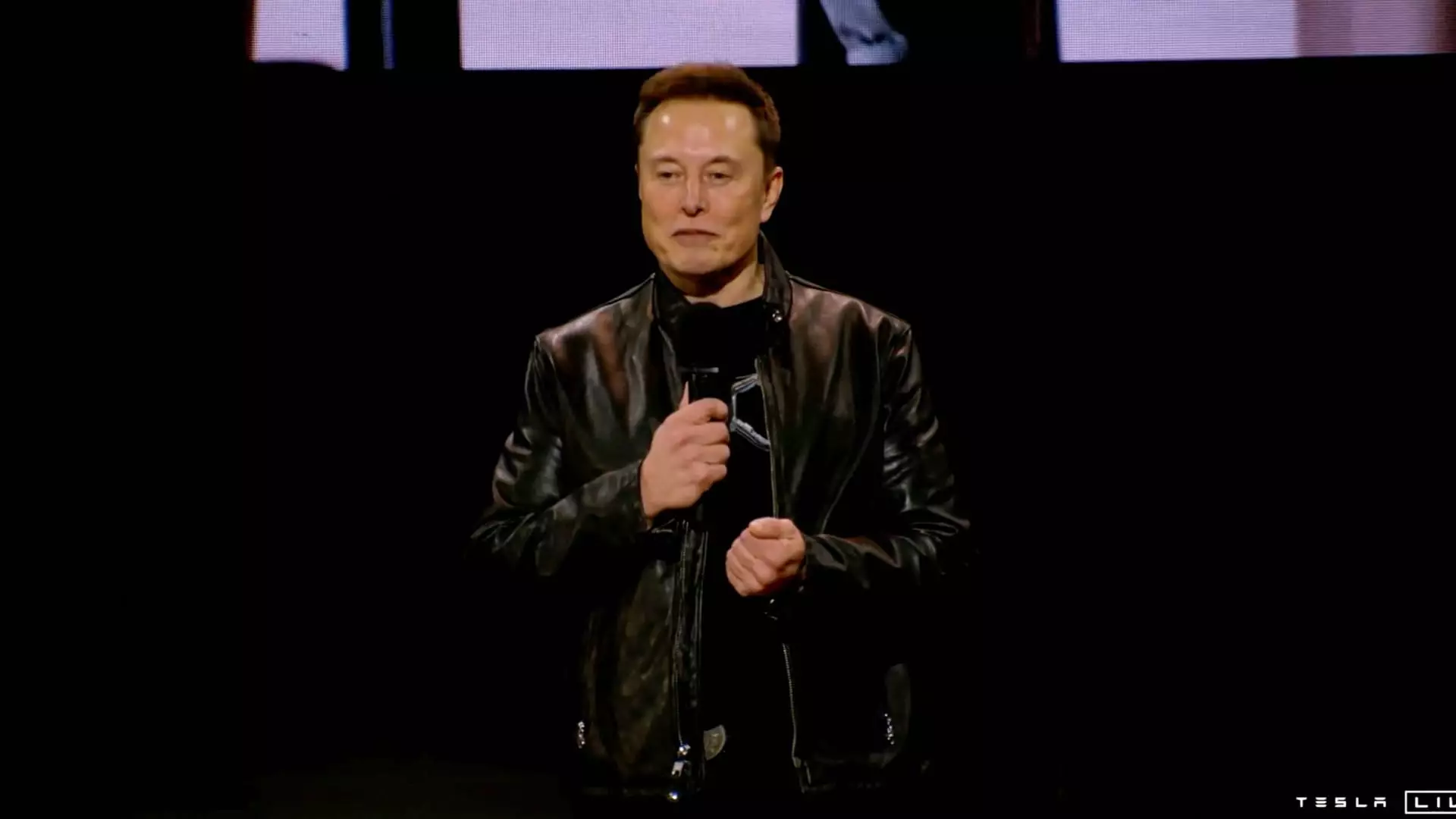In recent developments, the National Highway Traffic Safety Administration (NHTSA) has raised alarms about Tesla’s social media communication, particularly its representation of its Full Self-Driving (FSD) technologies. According to NHTSA head Gregory Magno, the car manufacturer’s posts may lead to grave misunderstandings regarding the capabilities of its vehicles, resulting in potential safety hazards on the roads. The issue arises from the fact that although Tesla advocates for ongoing driver supervision, their social media content could erroneously convey a message of full automation, which can instill an unwarranted sense of confidence in drivers.
Magno’s correspondence with Tesla’s board, recently made public, detailed an unsettling trend observed in several Tesla tweets. He highlights instances where drivers exhibit “disengaged behavior” while using the FSD system, which inherently requires constant human oversight. This discrepancy between Tesla’s online narrative and its operational guidelines poses significant risks, as users could mistakenly believe that their vehicle functions independently of active driver engagement. In light of this, NHTSA’s warning is more than just a reprimand; it signals imminent regulatory inquiry into Tesla’s practices and the ramifications for driver safety.
The NHTSA has initiated a formal investigation into Tesla’s FSD functionality due to numerous incidents where the system was active during critical moments leading to crashes. This includes a tragic accident where a pedestrian was killed as a result of driver interaction with the FSD. As alluded to in Magno’s letter, this collaborative exploration aims to evaluate whether Tesla’s technology indeed harbors inherent safety defects. It presents an urgent need for transparency in the marketing and implementation of semi-autonomous systems, especially when the driving public might not fully grasp or respect the limitations imposed by this evolving technology.
Tesla has been given a deadline until December 18 to address the NHTSA’s queries and provide comprehensive insights into its FSD technology. Should Tesla fail to comply, they risk incurring fines that could escalate to a staggering $135.8 million. While the company retains the option to request an extension, a prompt and thorough response could avert further scrutiny and additional penalties. The wider implication of this situation involves how manufacturers communicate the capabilities and limitations of autonomous technologies to consumers, which is pivotal for trust and safety.
Elon Musk’s ambition to develop autonomous vehicle standards comes at a time when public perceptions of such technologies are increasingly influenced by media portrayals. Investors are already reacting—Tesla’s stock has soared post-election—as proponents of a deregulated approach to technology development emerge. However, clarity must precede commercial enthusiasm. The path forward should ideally emphasize responsible communication practices that correlate actual driving capabilities with consumer understanding, ensuring that the promise of future mobility does not eclipse the critical need for current road safety.
In an age of rapid technological advancement, it is crucial for companies like Tesla to adopt best practices that uphold public safety while fostering innovation. The outcomes of the NHTSA’s inquiry could very well shape the future standards for the industry as a whole, setting a precedent for accountability and transparency in the realm of autonomous driving.



Leave a Reply